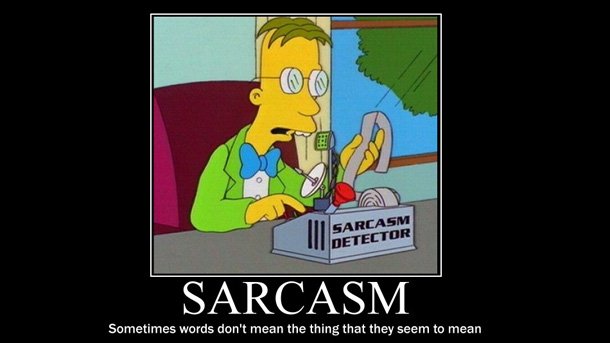"The Sages of Sivana have known the secret of happiness for over five thousand years. Fortunately, they were willing to share this gift with me. Do you want to hear it?"
“No, I thought I'd take a break and go wallpaper the garage first.”
“Huh?”
“Of course I want to hear the secret of eternal happiness…”
Source: Robin Sharma, The Monk Who Sold His Ferrari: A Fable about Fulfilling Your Dreams

